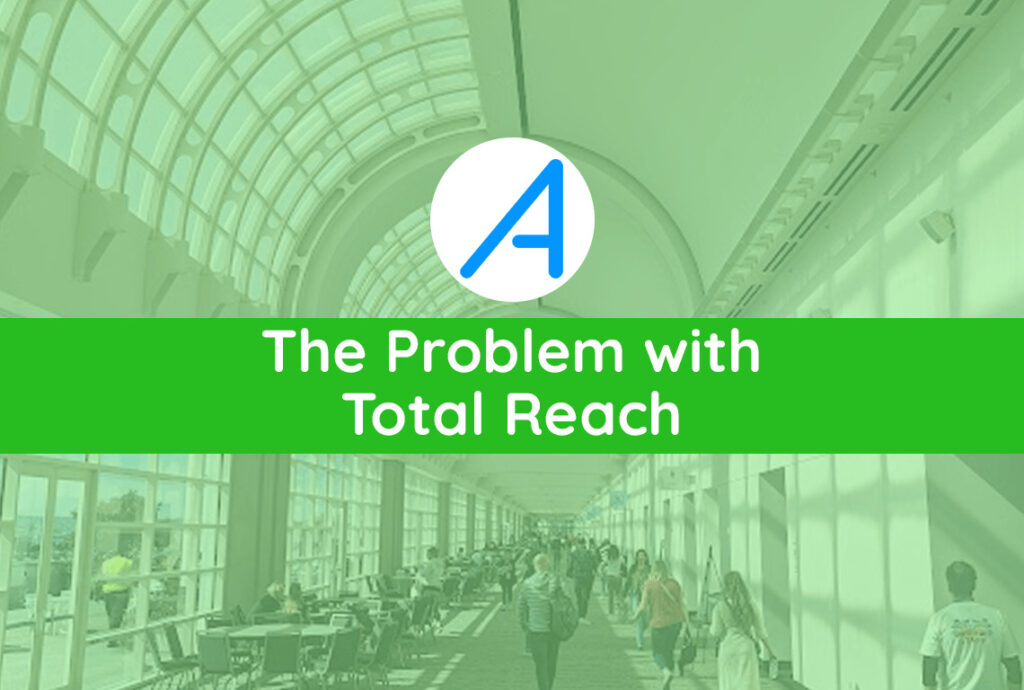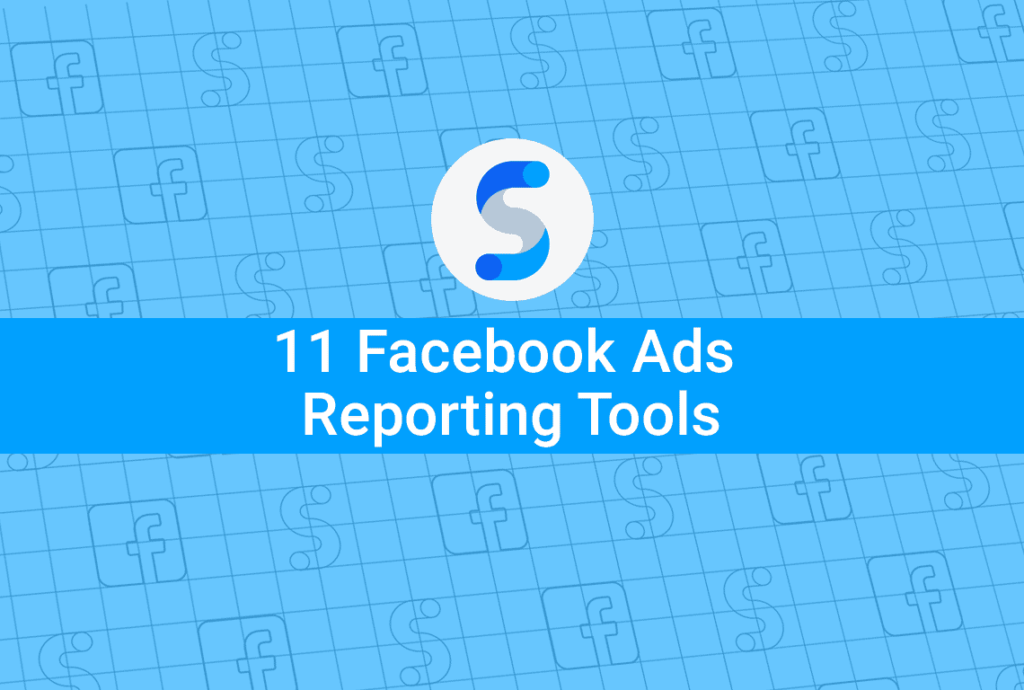These complementary tools often get confused – as marketers it is important to know the difference and how you can use them in conjunction with one another to propel your social strategy.
In this post we’ll discuss the key characteristics of each, as well as the different tools that are available to assist each function.
What is Social Media Listening?
Social listening involves the process of tracking/monitoring online conversations containing certain phrases, tag lines, or words associated with a particular brand.
Social listening is not passive. It requires the analysis and reflection of those said mentions, comments, conversations and sentiments.
Social listening is used predominantly by marketing teams for community management. Listening to these conversations allows marketers to identify customer pain points, identify engagement opportunities as well as to monitor brand perceptions.
Why is Social Media Listening Important?
Social media listening is important as it allows marketers to answer the following questions:
- Where are people having online conversations about my brand?
- What is the sentiment around these conversations? Is it positive, or negative?
- How do people perceive the brand?
- Who are our key brand influencers?
What Social Media Listening Tools are Available?
There are hundreds of tools available for social media listening – here are just a few.

What About Social Media Analytics?
The main objective of social media analytics is to gauge how effective your social media marketing content is doing based on an array of metrics.
In it’s simplest form, social media analytics identify which of your social media marketing efforts are working, and which are not!
Social media analytics should profile your social performance, and benchmark it against both historic and competitive data, to allow marketers to answer the following questions:
- Where are the gaps in our social media marketing strategy?
- Which platforms should we be investing in?
- How are we performing based on our competitors social media marketing efforts?
- What type of content engages our audience best? When?
- Is my audience base growing at an acceptable/above average rate based on that of my industry/competitor set?

Social Status Multi-Channel Platform
Social media analytics should tabulate and visualise your social media data in a way that is digestible and can be easily communicated to other members of your team.
Why is Social Media Analytics Important?
Social media analytics is important because it provides marketers with quantitative information to be able to:
- prove the value of social within the organisation
- prove whether social media efforts were successful or not
- secure buy-in and justify budget commitments
- plan and delegate resources into tactics that are successfully delivering value and dismiss/rework those that are not
How Do We Use Social Listening & Social Analytics Collaboratively?
The answer to this is pretty simple.
Social media listening can be used in preliminary social strategy stages to audit the social environment, customer and brand perceptions as well as key influencers.
Having this information provides a solid foundation when it comes to defining your social strategy.
Once that social strategy is defined based on the insight from your social listening tools, we use social analytics to identify whether it actually worked or not!
Social Status – Social Media Analytics





